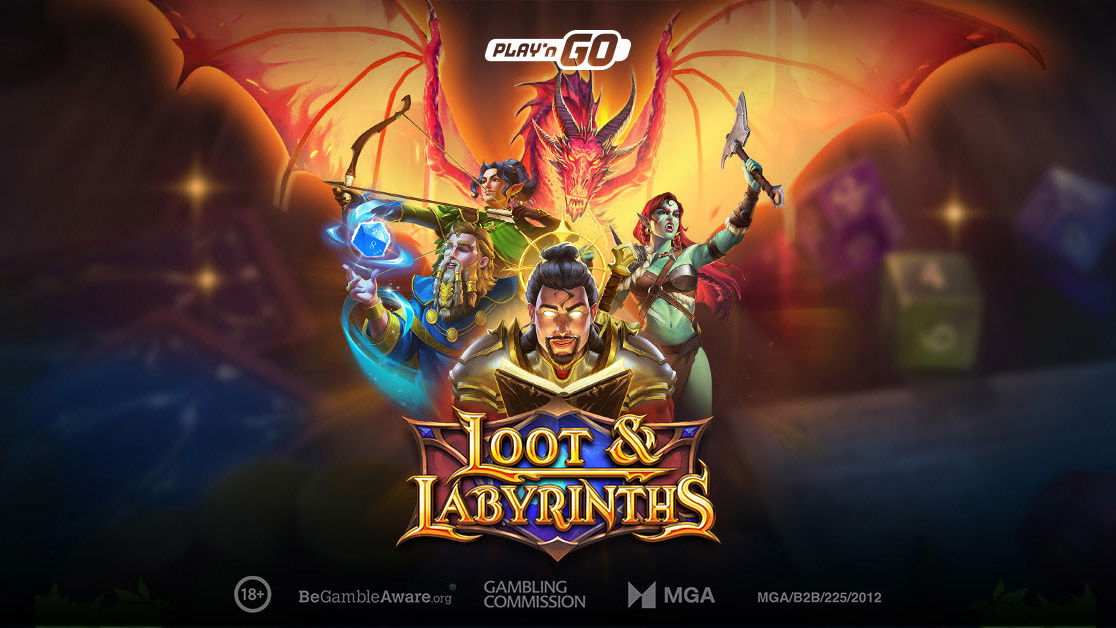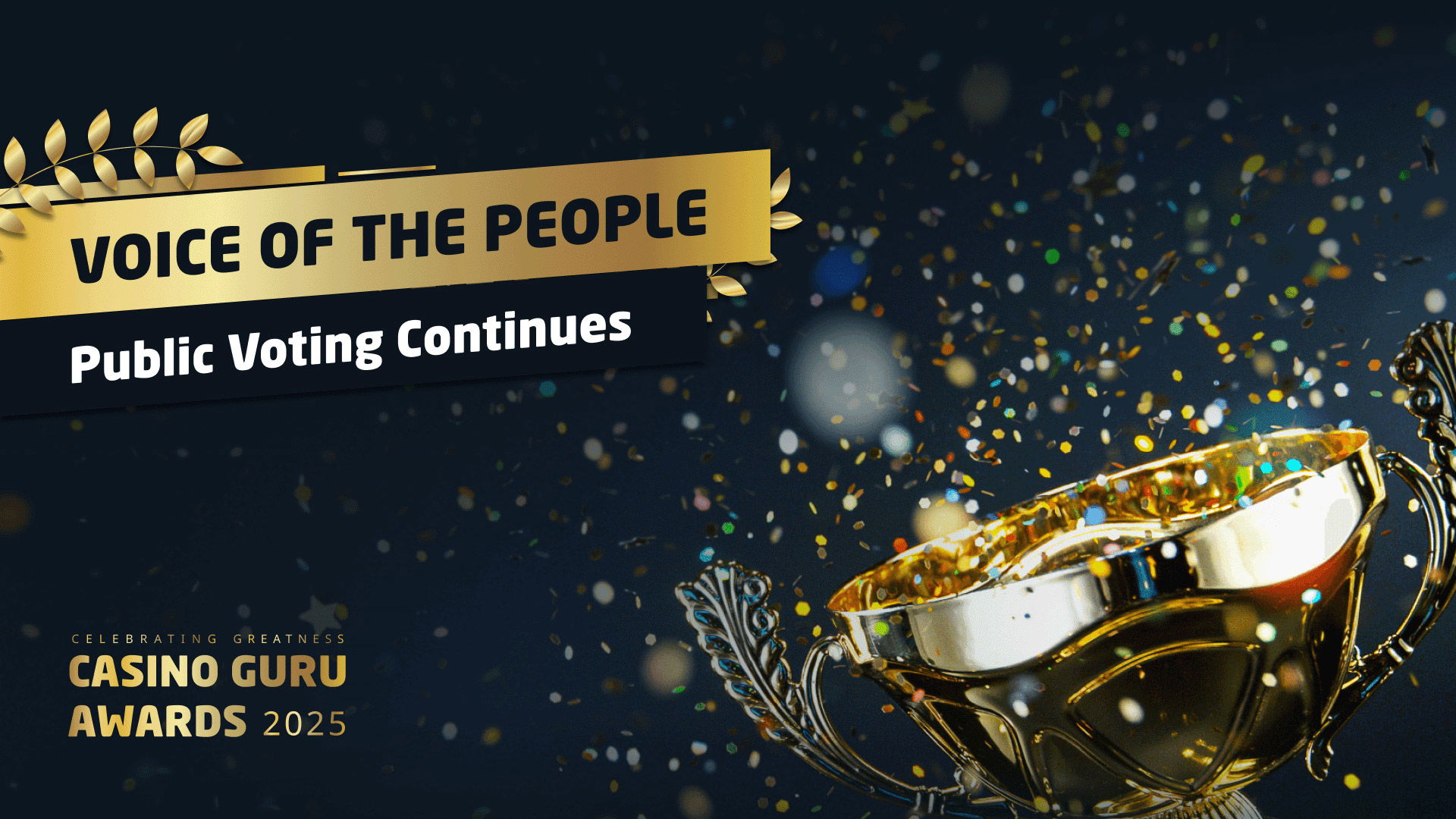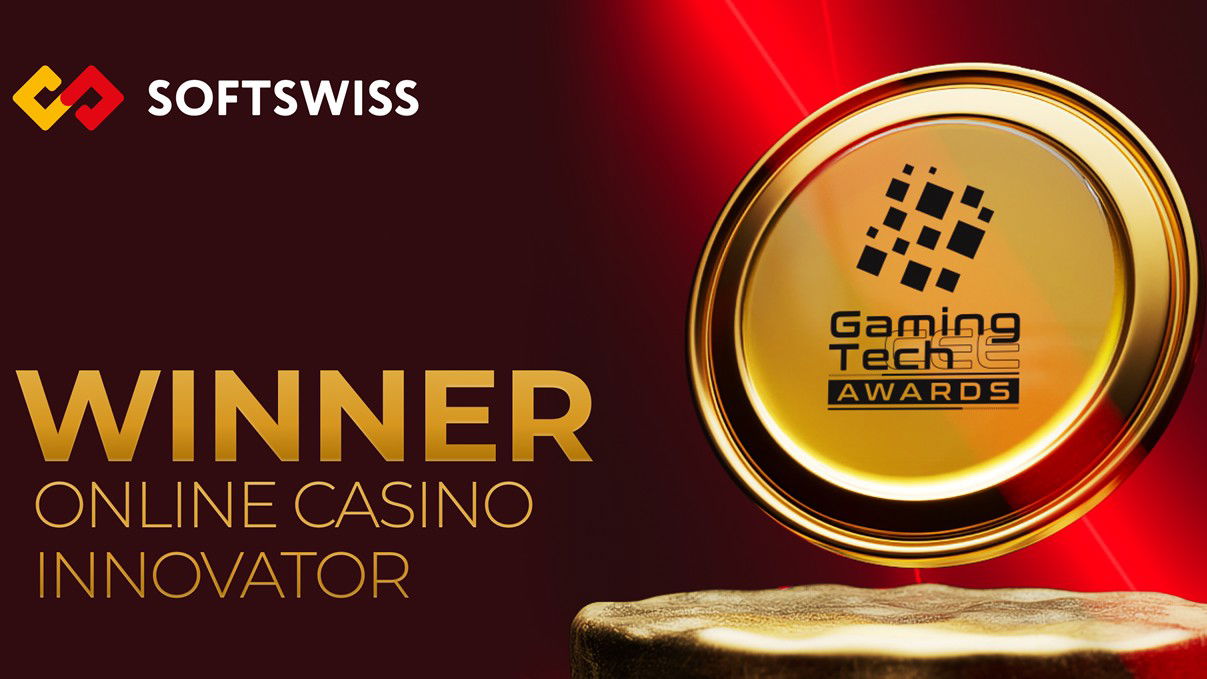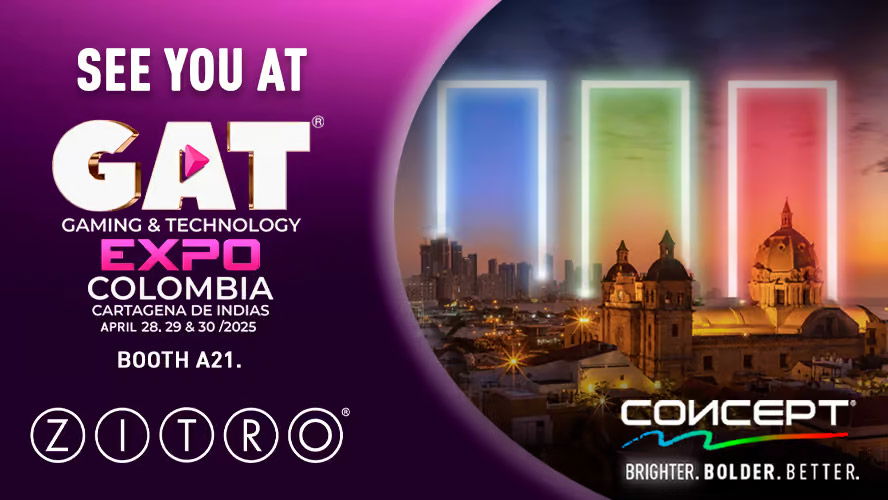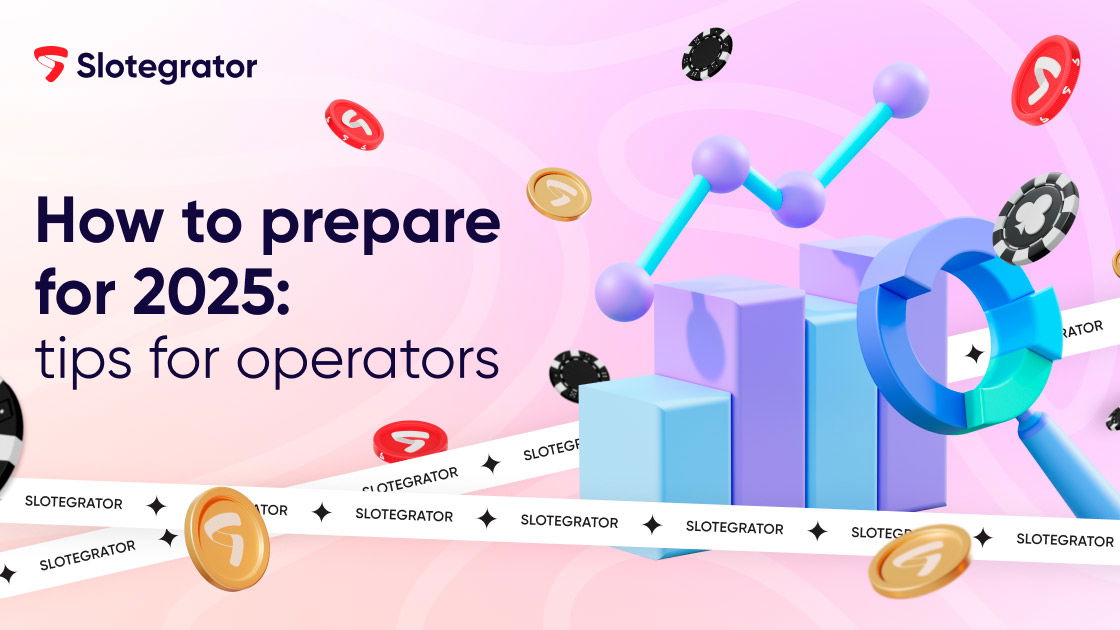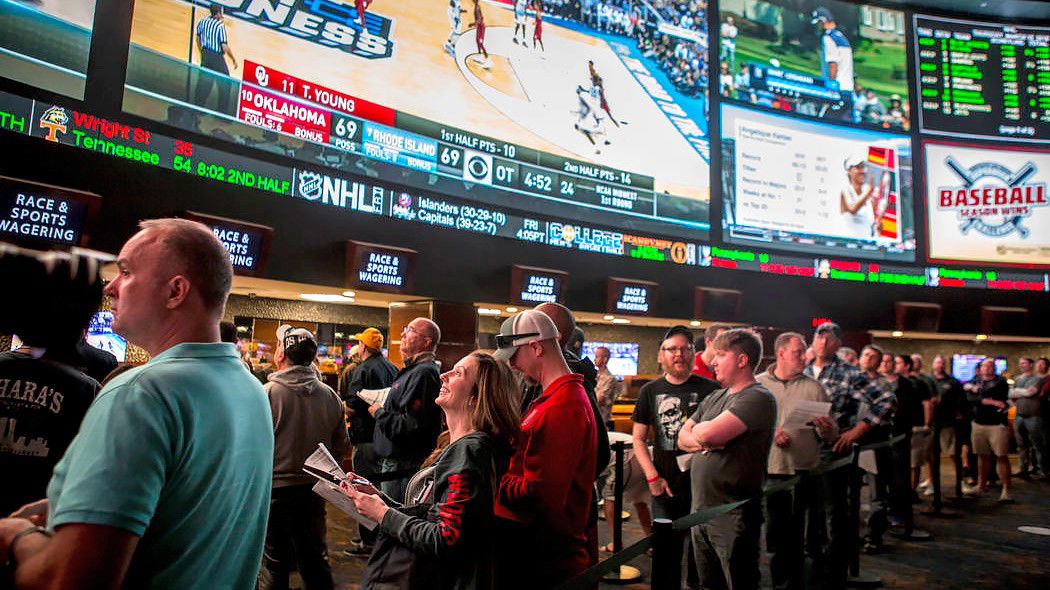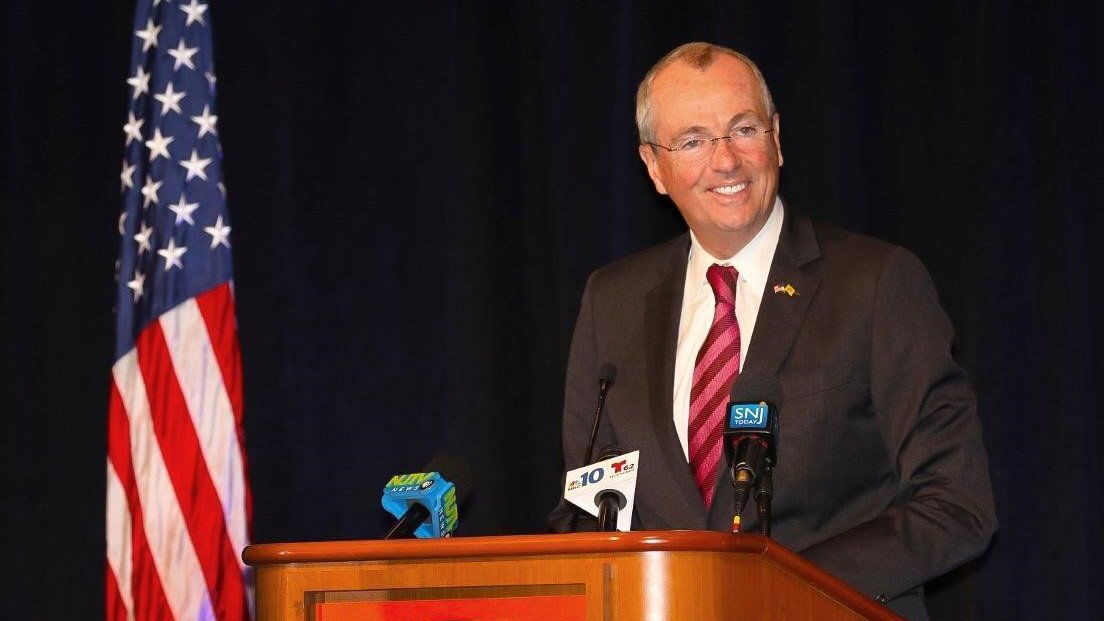Germany: Licensing procedure for online gambling in Germany starts

German attorney at law with a focus on tech and privacy. Vast experience with international data protection projects and GDPR implementation, as well as IT contracts and IT Security. Strong background in assisting US companies when doing business in Europe. Litigates dozens of tech law proceedings, in particular for the world's leading e-gaming providers.
As of 1 July 2021, the long-awaited Interstate Treaty on Gambling (ISTG) 2021 entered into force across Germany. It includes new licensing possibilities for sports betting, virtual slot machines, and online poker for private operators. Additionally, the ISTG 2021 will include new rules for advertising. Licenses issued under this new regulation will be valid in all of Germany.
Furthermore, there will also be a new (controversial) tax regime for sports betting, virtual slot machines, and online poker.
Moreover, this year kept the courts busy with recovery claims by players arguing they deserve compensation for their lost money due to the illegality of gambling.
The new ISTG 2021
The ISTG 2021 allows private operators to apply for licenses to offer sports betting, virtual slot machines (online simulations of terrestrial slot machines), and online poker. Licenses will be valid for a period of five years. The regulation does not include online casino games. These are defined as virtual simulations of casino games (such as Black Jack and Roulette) and live broadcasts of terrestrially conducted casino games with the possibility of participation via the internet. The possibility of obtaining a license for online casino games will be subject to separate laws of the individual federal states. Likely, the legislators will model the laws on the specifications for a license to operate a land-based casino.
The requirements for obtaining a license to offer online sports betting, virtual slot machines, and online poker are very similar and only vary in specific topics. The main aspects of the common requirements cover the following:
- Security deposit: The applicant must provide a security deposit of at least EUR 5 million. In individual cases, this amount can be increased up to the amount of the expected monthly average turnover (maximum EUR 50 million).
- Provision of online gambling offerings: To the extent different online gambling offerings are provided via the same internet domain, the operator must provide an independent and graphically separate area for each form of gambling. The division also prohibits cross-advertising. A player must not play in different areas simultaneously.
- Upon registration on a website, the player must set a monthly deposit limit of a maximum of EUR 1,000.00. The limit applies per player and not per provider. This means that, generally, a player may spend EUR 1,000 per month across all gambling platforms.
- The competent authority will monitor compliance with the EUR 1,000 limit via a central “limit control database”. Providers must pay a fee to connect to and use the limit control database.
- With regard to online sports betting, the authorities allow more flexibility than under the current regime. Bets will be allowed on the outcome of a game as well as on events during the game or a combination of both. Also, live bets will be allowed under specific requirements.
- For virtual slot machine games, there is a minimum time per game of 5 seconds and a maximum bet of EUR 1.
Additional specific rules e.g. on KYC for players, exclusion of minors and self-exclusion rules apply.
As per the end of May 2021, the technical guidelines for access to the “limit control database”, a central “exclusion system” and the establishment of a “safe server” which allows the authority to monitor compliance have been published.
Specifics with respect to the license application
The gambling authority in the federal state of Saxony-Anhalt becomes the competent authority for the nationwide licensing process. The authority finally released the specific licensing conditions for virtual slot machines and online poker, which define the generic requirements deriving from the ISTG 2021 in more detail. Casino games, such as blackjack or roulette, are not covered by the licensing conditions.
The licensing conditions, inter alia, cover the following:
Format of the application
The application needs to be handed in in writing and in addition electronically via mail or via electronic upload. It needs to include a declaration about the completeness of the documents as well as about the assumption of any costs for the verification of the safety, social and economic efficiency concept.
International Providers
Only applicants established within the EU and EEA can apply for a license. If the required documents are not in German, it is necessary to provide a certified copy of the original and a certified translation.
Application documents
The applicant shall provide the necessary evidence and documents to support his application. Furthermore, they shall include, inter alia, a declaration of completeness.
Documents for the examination of the provider's reliability
The application documents shall provide details about the applicant and therefore outline any potential internal or external influences or risks upon the operation of gambling. These details shall include inter alia:
- The applicant’s financial and voting rights structure
- The applicant’s authorized representatives
- A declaration about the commitment not to offer any unlicensed gambling
- Administrative records like an extract from commercial register or clearance certificate
Documents for the examination of the applicant's capacity and submission of a profitability concept
These documents shall include evidence of sufficient resources held by the applicant, certified by an independent auditor. The auditor must certify the adherence to additional requirements, for example, the separation of the players’ and applicants’ funds. Additionally, the applicant must provide an economic concept with a forecast of the profitability within the first five or seven business years.
Documents to prove the transparency of the gambling operation
These documents shall include a safety concept as well as concepts with respect to payment, IT security, and money laundering. Moreover, these documents shall include a social concept that shall inform about youth protection and prevention of gambling addiction measures taken by the applicant.
Distribution concept
The applicant shall indicate whether the technical processing of the distribution will be made by the applicant itself or by an external service/platform provider.
Furthermore, the applicant shall describe its website including information about the customer hotline, language setting, and data protection. Additionally, all brands of the applicant shall be listed. Finally, if any rebates within the distribution system are planned, these shall be disclosed.
Advertisement
It should be laid out whether the applicant will offer advertisement by itself or via external providers. In the latter case, information about the external providers has to be specified. The applicant shall also provide an advertisement concept.
Information
The applicant shall describe the relevant information about the offered games as well as their presentation to the gamers. Additionally, it shall be described in which way information about addiction risks, exclusion of minors, and therapy opportunities shall be presented to the gamers.
Further requirements
In addition, further legal requirements exist, such as the obligation to provide a printout of the Terms & Conditions, the appointment of a data protection chief officer (§ 38 BDSG), etc.
Advertising Rules
Licensed operators will be allowed to advertise their offers according to the new rules of the ISTG 2021. Only advertising that adheres to the following principles will be allowed:
- Advertising that motivates "non-players" to participate or encourages excessive gambling is prohibited.
- Advertising aimed specifically at minors or comparably vulnerable persons is prohibited.
Misleading advertising is prohibited. - Advertising and editorial content have to be separated.
In addition to these principles, there are additional restrictions on specific gambling services or forms of advertising:
- Advertising via telephone calls, SMS, or similar messaging services is generally prohibited, unless there is an active contact by the player or there is communication within an ongoing active contractual relationship.
- Advertising addressed to an individual recipient requires the prior consent of the recipient (i) to receive the advertising as well as (ii) to the prior consultation of the exclusion system by the advertiser.
- Most lotteries and certain forms of horse betting are exempt from the aforementioned restrictions.
- Revenue share model advertising, such as with affiliate links, is prohibited.
- Between 6 a.m. and 9 p.m., advertising for virtual slot machine games, online poker, and online casino games is prohibited via broadcasting (i.e. tv/radio) or online.
- Immediately before or during the live broadcast of sports events, advertising for sports betting on this sports event is prohibited on the same broadcasting channel.
- Live coverage of sporting events must not be combined with advertising for sports betting on this sporting event. An exception is the display of live scores on the website of a betting provider.
- Furthermore, under the ISTG 2021 active athletes or sports officials may no longer be used to advertise sports betting.
- General sponsorship of sports teams (e.g. on jerseys) will remain permissible.
In addition to these rules, the licensing authority may include additional requirements regarding the type and scope of advertising in the license. This approach is intended to enable individual risk-based regulation.
New Tax Regime
The new licensing regime will be accompanied by new tax provisions.
Taxation for online poker and virtual slot machines will be calculated on the basis of the money bet minus the virtual slot machine tax (assessment basis). The money bet includes all expenses incurred by the player to participate in the online poker or virtual slot machine game. For online poker that also includes all participation fees and all bets that are made in the course of any game. The tax amounts to 5.3 % of the assessment basis.
Taxation for sports betting will be increased from 5 % to 5.3 % of the relevant assessment basis. Everything else stays the same.
This regime differs from the tax regulations of other EU Member States and triggered criticism, as the key objective of the ISTG 2021 to direct players into a regulated market might be at risk due to the relatively high taxes for the regulated market.
Recovery claims
A growing number of players file compensation claims against providers of online gambling. These claims are based on the argument that the provision of online gambling services has – so far – not been in line with German gambling law. Only a few judgments have been issued and no high court ruling is available, yet. The available court decisions cause legal uncertainty as they are not coherent.
While some Courts decided in favor of the players (e.g. District Court of Gießen), others decided in favor of the providers (e.g. Local District Court of Euskirchen, District Court of München I), as respective player claims were considered to be made in bad faith, as – if the gambling offer was considered unlawful – the player had willingly participated in it.
While uncertainty remains, gambling providers have decent chances to prevail before the courts.



